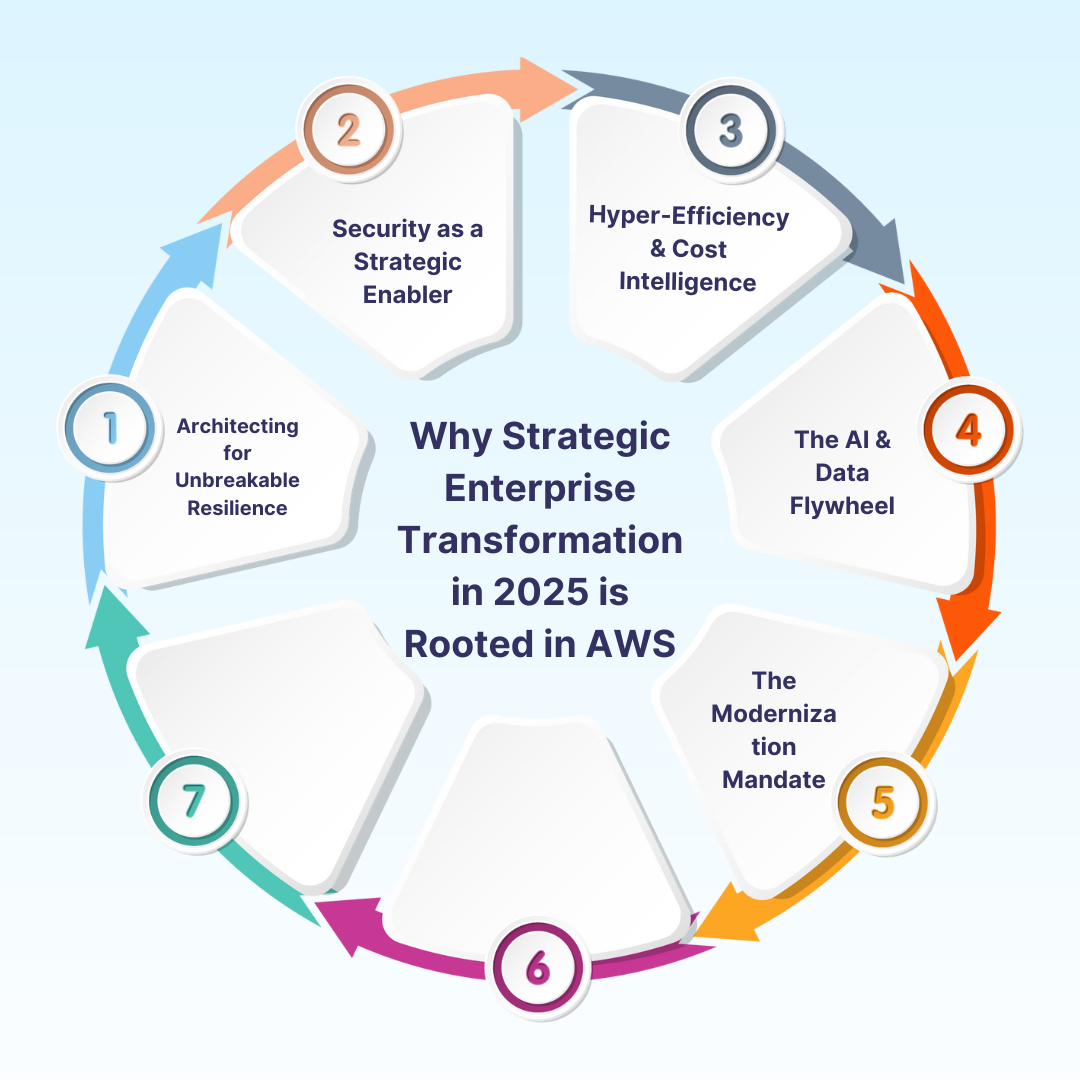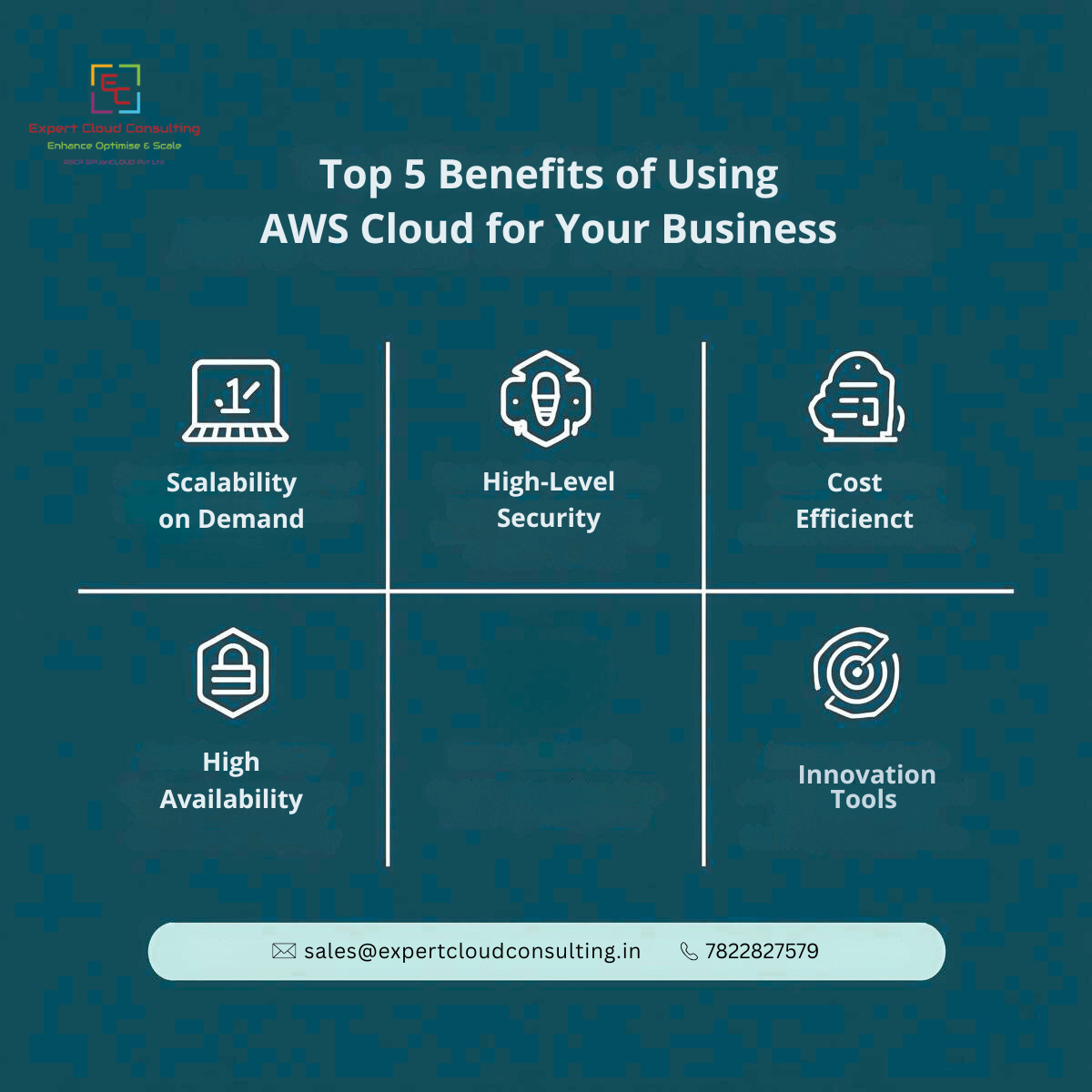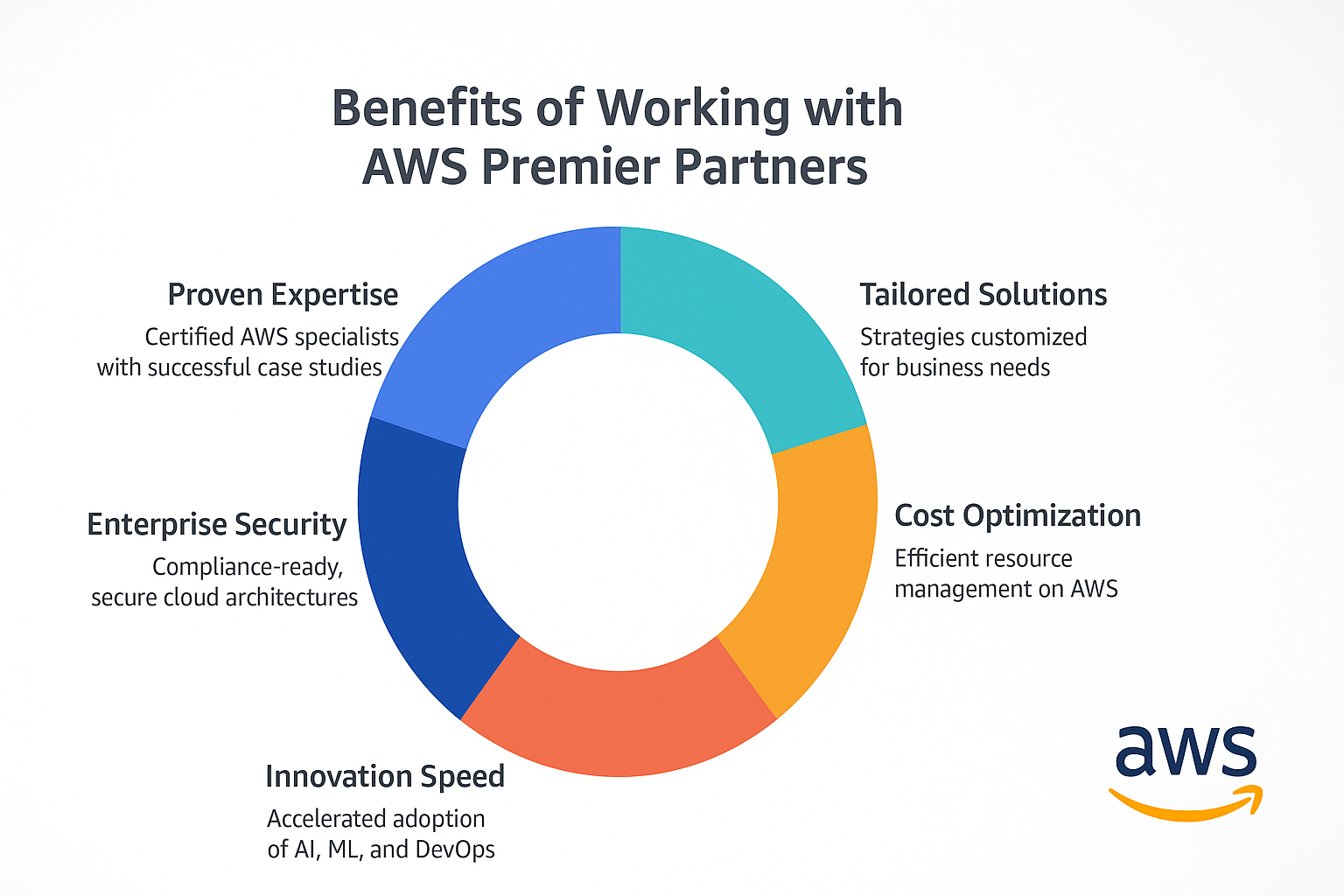Introduction
Effectively handling a cluster of applications with modest container sizes poses minimal challenges. Yet, as the scope expands to encompass a more extensive landscape, the task of overseeing hundreds of containers demands the implementation of a container orchestration solution. Here, Amazon Web Services (AWS) provides a powerful solution in the form of Amazon Elastic Container Service (ECS), enabling businesses to efficiently manage and deploy containerized applications at scale. In this blog, we will delve into the robust features and building blocks of AWS ECS Services, a go-to choice for customers across diverse industries. 🌟
Amazon Elastic Container Server (ECS) 🚢
Amazon Elastic Container Server (ECS) is Amazon’s home-grown container orchestration service. ECS is considered an “out of the box” solution for container orchestration due to its deployment simplicity. It lets you run and manage large numbers of containers. Importantly, it is not based on Kubernetes. ECS runs clusters of compute instances on Amazon EC2, managing and scaling your containers on your machines. It provides an API you can use to check cluster state, perform operations on clusters or containers, and access Amazon services like IAM and CloudWatch. 💻🔄
Key Features of AWS ECS🌈
1️⃣ Managed Service: AWS ECS is a fully managed service, eliminating the need for you to manage the underlying infrastructure. AWS takes care of the server provisioning, patching, and maintenance, allowing your team to focus on building and deploying applications. 🛠️
2️⃣ Integration with Other AWS Services: ECS seamlessly integrates with other AWS services, such as Amazon S3, Amazon RDS, and AWS Identity and Access Management (IAM). This integration simplifies the development and deployment process by providing a comprehensive ecosystem. 🤝
3️⃣ Highly Scalable: ECS allows you to easily scale your containerized applications up or down based on demand. With features like Auto Scaling, you can define scaling policies to automatically adjust the number of running tasks based on specified criteria. 📈
4️⃣ Service Discovery: ECS integrates with Amazon Route 53 for service discovery, making it easy for containers within a cluster to discover and communicate with each other. This is especially beneficial in microservices architectures. 🔍🔗
5️⃣ Security and Compliance: Security is paramount, and ECS ensures a secure environment for running containers. IAM roles, security groups, and VPC support are integral components, guaranteeing that your containerized applications adhere to the highest security and compliance standards. 🔒
With these robust features in mind, we'll dissect the various building blocks of AWS ECS and explore how they collaboratively empower the seamless deployment of containers. 🧩
The Building Blocks of AWS ECS: Streamlining Container Deployment 🏗️
1️⃣ Clusters: The Foundation of ECS:
Clusters form the fundamental building block of ECS. A cluster is a logical grouping of EC2 instances or AWS Fargate tasks, where containers are deployed and managed. This abstraction simplifies resource management, allowing you to focus on deploying and scaling applications without concerning yourself with the underlying infrastructure. 🌐
2️⃣ Task Definitions: Blueprint for Containers:
At the heart of ECS lies the Task Definition, a blueprint that defines how containers should run within a cluster. This includes specifying the Docker image, CPU and memory requirements, networking configurations, and other essential settings. Task Definitions ensure that containers are launched with the right parameters, facilitating precise configuration and optimization. 📝
3️⃣ Services: Managing Containers at Scale
Services in ECS enable the deployment and scaling of a specified number of tasks across the cluster. Think of services as the orchestrators that ensure your application is running as intended. They allow for load balancing, automatic task recovery, and the ability to scale the number of tasks up or down based on demand. Services are vital for managing containers at scale, providing the resilience and flexibility needed in dynamic environments. 🚀🔄
4️⃣ Container Instances: The Worker Bees
Container instances are the actual hosts for your containers within the cluster. In ECS, these instances can be traditional EC2 instances or the serverless Fargate launch type. Container instances run the ECS Agent, a critical component that facilitates communication between the cluster and the ECS service. They form the backbone of your containerized infrastructure, executing the tasks defined in the Task Definitions. 🐝🏭
5️⃣ Elastic Load Balancers (ELB): Distributing Workloads
Elastic Load Balancers play a pivotal role in ECS by distributing incoming application traffic across multiple tasks or containers. This ensures even distribution of workloads, enhances application availability, and contributes to the overall scalability of the system. ECS integrates seamlessly with ELB, automating the process of adding and removing containers from the load balancer pool. ⚖️🔄
6️⃣ Auto Scaling: Dynamic Resource Management:
Auto Scaling in ECS allows you to dynamically adjust the number of running tasks based on specified criteria. This ensures optimal resource utilization and cost efficiency. By defining scaling policies, you empower ECS to automatically scale your application up or down in response to changing demand, maintaining consistent performance. 🔄📈
7️⃣ Service Discovery: Simplifying Communication
Service Discovery is a powerful feature in ECS that simplifies communication between containers within a cluster. ECS integrates with Amazon Route 53, automatically updating DNS records as tasks are started or stopped. This seamless service discovery is particularly valuable in microservices architectures, where containers need to communicate efficiently. 🔍🔄📡
Conclusion 🎉
In the dynamic realm of containerized applications, Amazon Elastic Container Service (ECS) stands out as a game-changer. With its well-defined building blocks, ECS simplifies the complex task of deploying and managing containers at scale. From the foundational Clusters to the dynamic Auto Scaling and Service Discovery features, ECS provides a comprehensive and efficient platform. In a nutshell, by choosing AWS ECS, businesses can seamlessly navigate the challenges of container orchestration, ensuring security, scalability, and efficient communication within their application ecosystem. Master the art of container management with AWS ECS and propel your applications to new heights of efficiency and reliability. 🌐💪🚀











